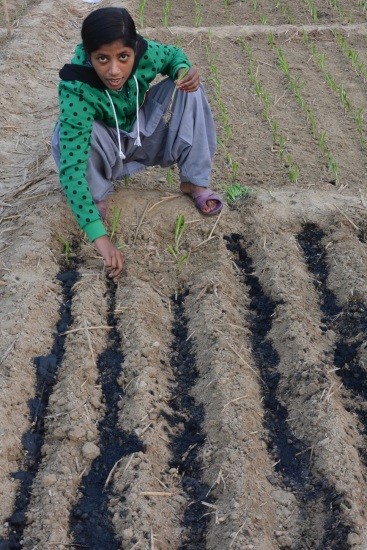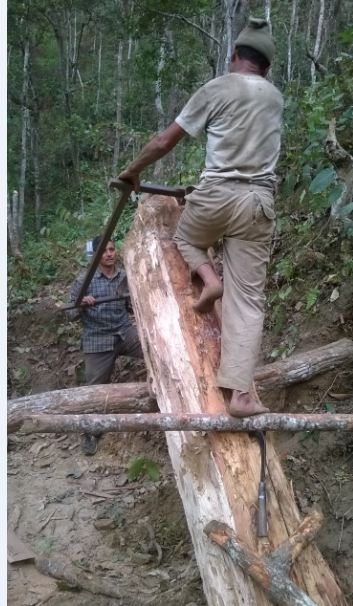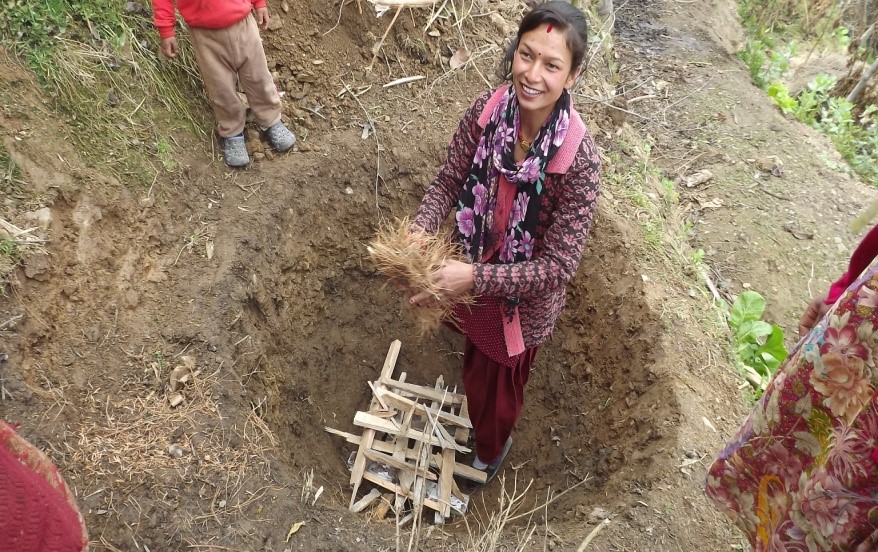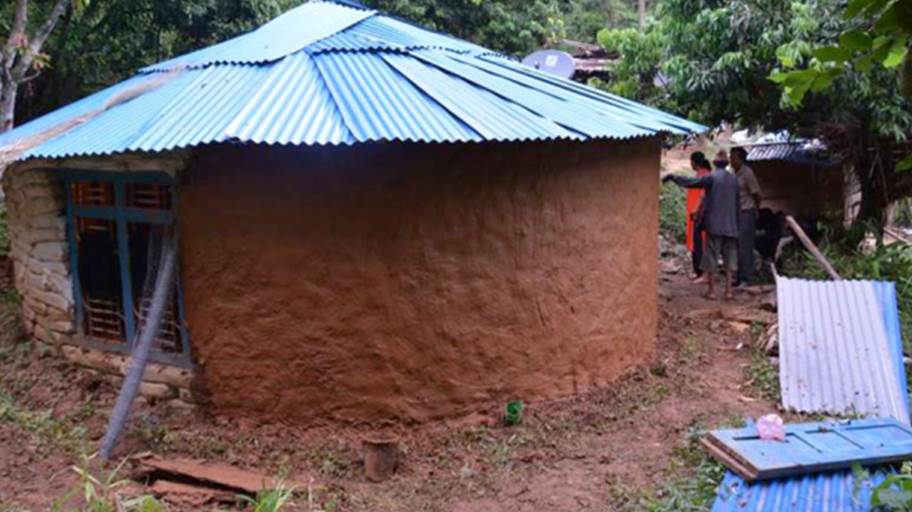Nepal Rural Economic Development
Nepal is a stunningly beautiful country which is home to wonderful people with a rich cultural heritage yet it ranks as one of the least developed countries in the world. The devastating earthquake in 2015 served to make their goal of climbing out of poverty much more challenging. Added to that is a prolonged border crisis that has prevented needed supplies from getting into the country. Rebuilding homes and livelihoods for the thousands of families impacted by the earthquake is a daunting but urgent task.
Ithaka Institute for Climate Farming
In Ratanpur, a small village not far from Kathmandu, the Ithaka Institute for Climate Farming is being launched to provide education for Nepali people as well as foreigners interested in sustainable farming and forestry. The methods taught enable increased food production and farmer income while also improving environmental conditions (i.e. reduced landslides and erosion, climate change mitigation and adaptation, etc.). These methods have been tested in Nepal and proven to increase farmer’s yields and income significantly! The next step is to provide education on additional micro-industries related to agro-forestry products to provide more food, more jobs and more economic opportunity for the village and beyond.
2016 Wish List
In early 2016 we have the opportunity to leverage the talents of a few visiting foreigners that are willing to provide workshops and other services to this rural community. Funds are needed to purchase equipment, supplies and other materials for workshops and health care services. We hope to raise $5,000 to allow us to purchase some of the following:
2016 Wish List
- Electric/battery operated chainsaw (to build housing supplies more rapidly)
- Chainsaw repair supplies
- Chainsaw safety gear (e.g. helmets, chaps, googles, ear protection or even shoes as you can see some of the foresters go without!)
- Beekeeping Supplies (e.g. suits, smokers, bee brush, etc.)
- Candle making supplies (e.g. candle forms, wick cord for beeswax candles, etc.)
- Medical, health and sanitation supplies (e.g. rehydration salts, steripens, or you can sponsor a duffel bag for us to bring filled with medical supplies provided by AFYA for $125)
- Solar lights or small solar panels
About the Ithaka Institute
The Ithaka Institute is an open source network focused on researching, developing and disseminating climate smart farming and agroforestry technologies. These technologies are aimed at improving the lives and self-sufficiency of farmers as well as on regenerating soils and forests to help rebalance carbon levels.
The Ithaka Institute has been working in Nepal since the fall of 2014 focusing on sustainable agriculture and agroforestry. As our efforts begin to bear fruit, literally and figuratively, we seek to enable rural farmers in Nepal to develop small businesses related to the products they can harvest from their forest gardens. Our efforts are focused on providing social, economic and environmental benefits including: self-sufficiency, rural employment, economic productivity, as well as re-cultivating barren landscapes, reducing erosion and landslides and providing long term carbon sequestration.
Since the earthquake, we have helped rebuild more than 30 homes for the Nepali farmers that have been participating in our climate farming program. These earth bag homes are built using mostly local, natural materials. The homes are safe, warm and cost less than $1,000 to build with the help of local hands and one skilled builder.
Ithaka has also launched a carbon offset and verification program whereby foreigners can purchase voluntary carbon credits ($35/ton) which will be paid to participating Nepali farmers to create and utilize biochar and thereby sequester carbon for the long term in the soil. On average Nepali farming family’s earns less than $700 per year, so income like this can have a significant impact on their ability to feed, clothe and educate their family. If you or your business are interested in offsetting your carbon footprint by sponsoring Nepali farmers to convert their agricultural waste into biochar, please contact: [email protected].







